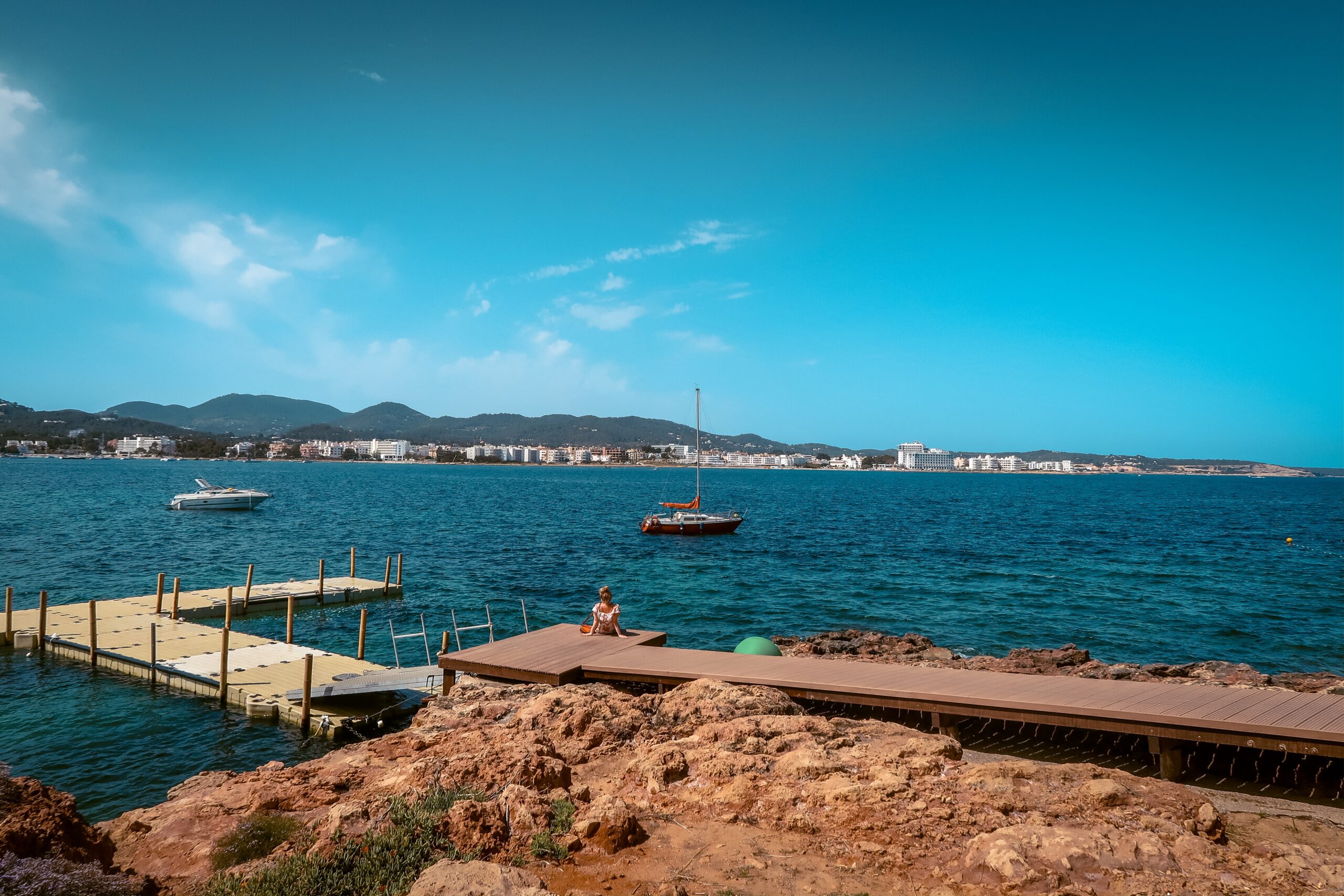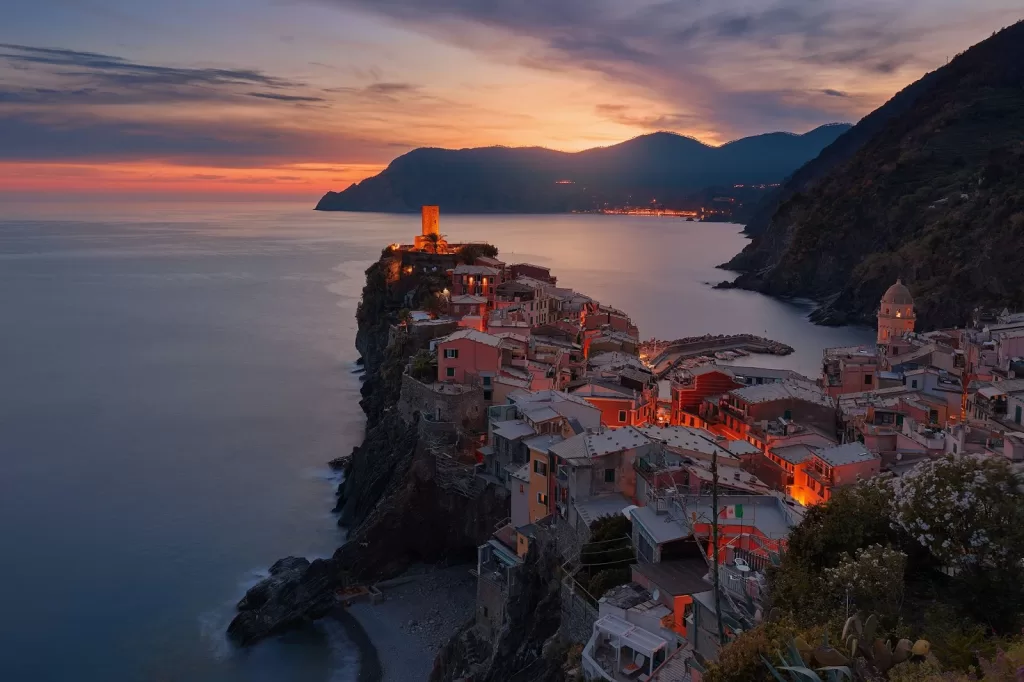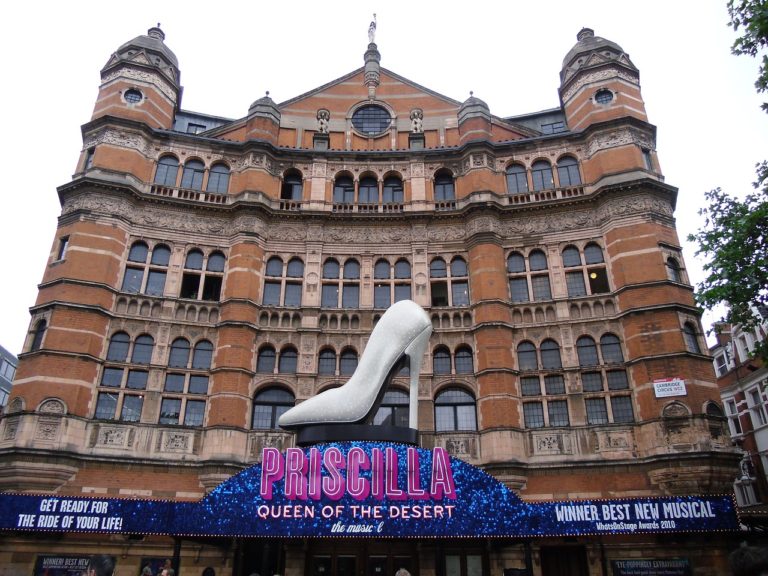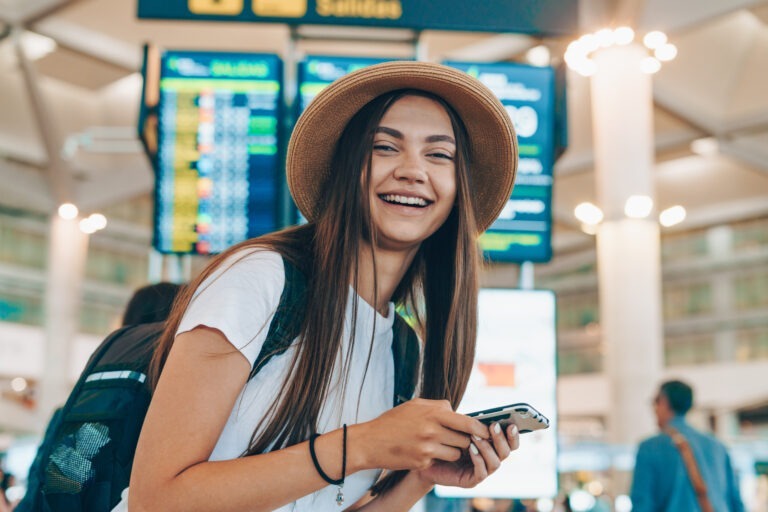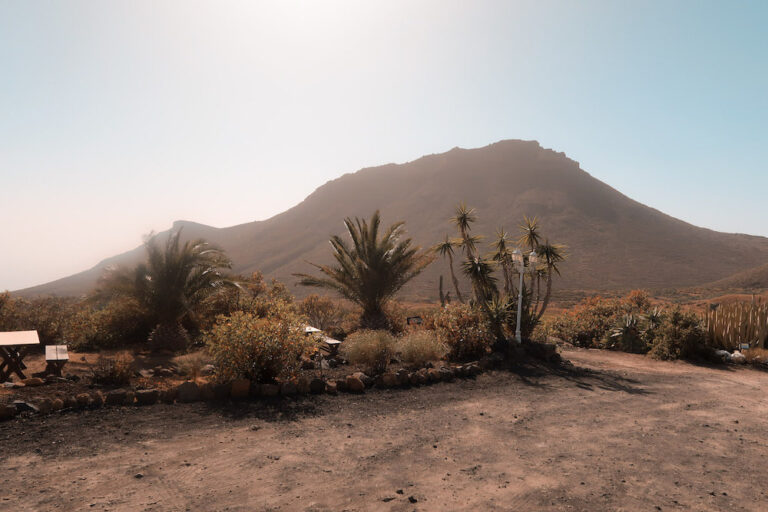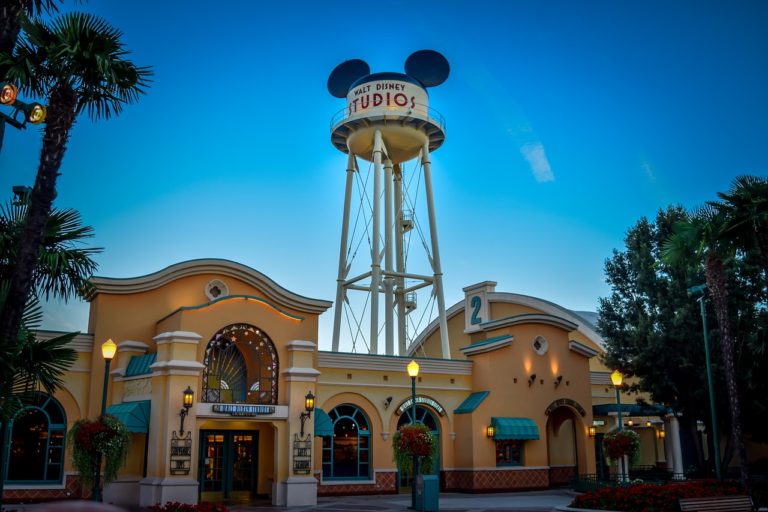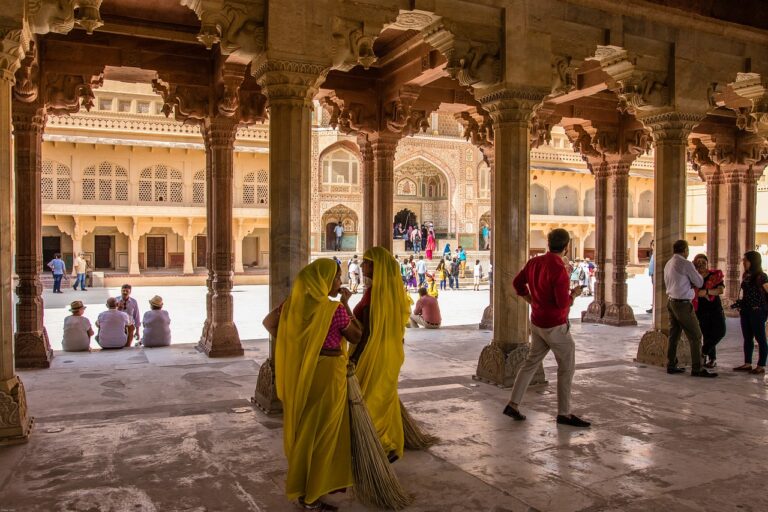5 Simple Ways Travel Has Changed Over The Years
Travel has changed from its golden age to the present, encapsulates a fascinating journey marked by technological advances, heightened security measures, and changing traveler expectations. Gone are the days when air travel was a luxury, anticipated with suits and dresses, and travelers were few, navigating through sparse, unhurried airports.
The image of someone being halted at airport security, once as extraordinary as a celestial event, has morphed into an everyday scene, met with resigned acceptance rather than astonishment. This shift serves as a vivid reminder of the complex tapestry of change that has redefined the essence of how we explore the world today.
In recent years, the panorama of travel has undergone a radical transformation, shaped by a confluence of factors that reflect our evolving society. The onset of robust security protocols, for instance, reflects a world that has grown all too familiar with the imperatives of safety, demanding a delicate balance between freedom of movement and protective vigilance.
This new norm is not just about the meticulous scrutiny at checkpoints; it symbolizes a broader societal shift towards prioritising security in public spaces, a testament to the changing times and challenges that mark our era.
The advent of cutting-edge technology has revolutionized the travel experience, offering tools and platforms that make journeys more accessible, efficient, and enjoyable. From the convenience of online bookings and electronic boarding passes to the immersive experience of virtual tours and augmented reality apps, technology has not only enhanced operational efficiency but also enriched the traveler’s experience.
These innovations reflect a deeper integration of digital solutions into our lives, underscoring the ways in which connectivity and convenience have become paramount in the modern traveler’s journey.
Equally significant is the changing ethos of travel itself, as it shifts from mere movement between geographical locations to a more nuanced exploration of culture, nature, and self. Today’s travelers seek experiences that are not only unique and personal but also sustainable and meaningful, driving a trend towards more conscious and responsible tourism. This evolution speaks to a broader cultural shift towards valuing authenticity, environmental stewardship, and global citizenship, underscoring the complex interplay between travel and the values of the society from which it emerges.
As we stand at this juncture, reflecting on the journey of travel from its nostalgic past to its dynamic present, it’s clear that the tapestry of travel is woven with threads of change each strand representing shifts in technology, security, and cultural values. It’s a rich, evolving narrative that invites us to ponder not just how travel has changed, but also why these changes matter, shaping not only how we journey across the globe, but also how we understand our place within it.
In this context, the transformation of travel is not merely a tale of logistical shifts and technological advancements, but a deeper story of how human aspirations, challenges, and innovations intersect in the quest to explore the vast, beautiful world that lies beyond our door
5 Simple Ways Travel Has Changed Over The Years
Careful What You Carry
You need to think carefully about what you have in your carry-ons when travelling abroad on a plane. If you don’t, you might find items are confiscated and lost. For instance, if you are a businessman it makes sense to take a razor in your carry-on for an overnight flight. However, an item like this definitely won’t get through security now despite it being common in the past.
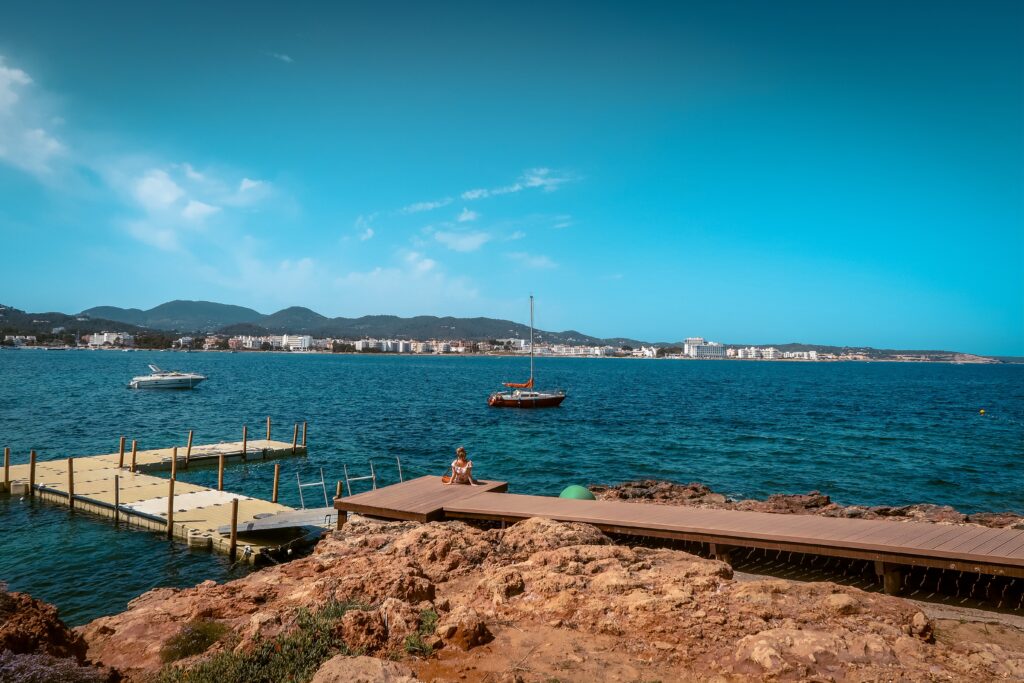
New Tech
Remember when planes just had one screen for all the passengers. Nope, me neither but I can’t deny I wasn’t impressed by the recent advert I saw for United Emirates Airlines. The tech they were showcasing was incredibly impressive. It encouraged me to book a flight with their airline sooner rather than later. Of course, tech has taken over the entire travel industry now from bookings to security.
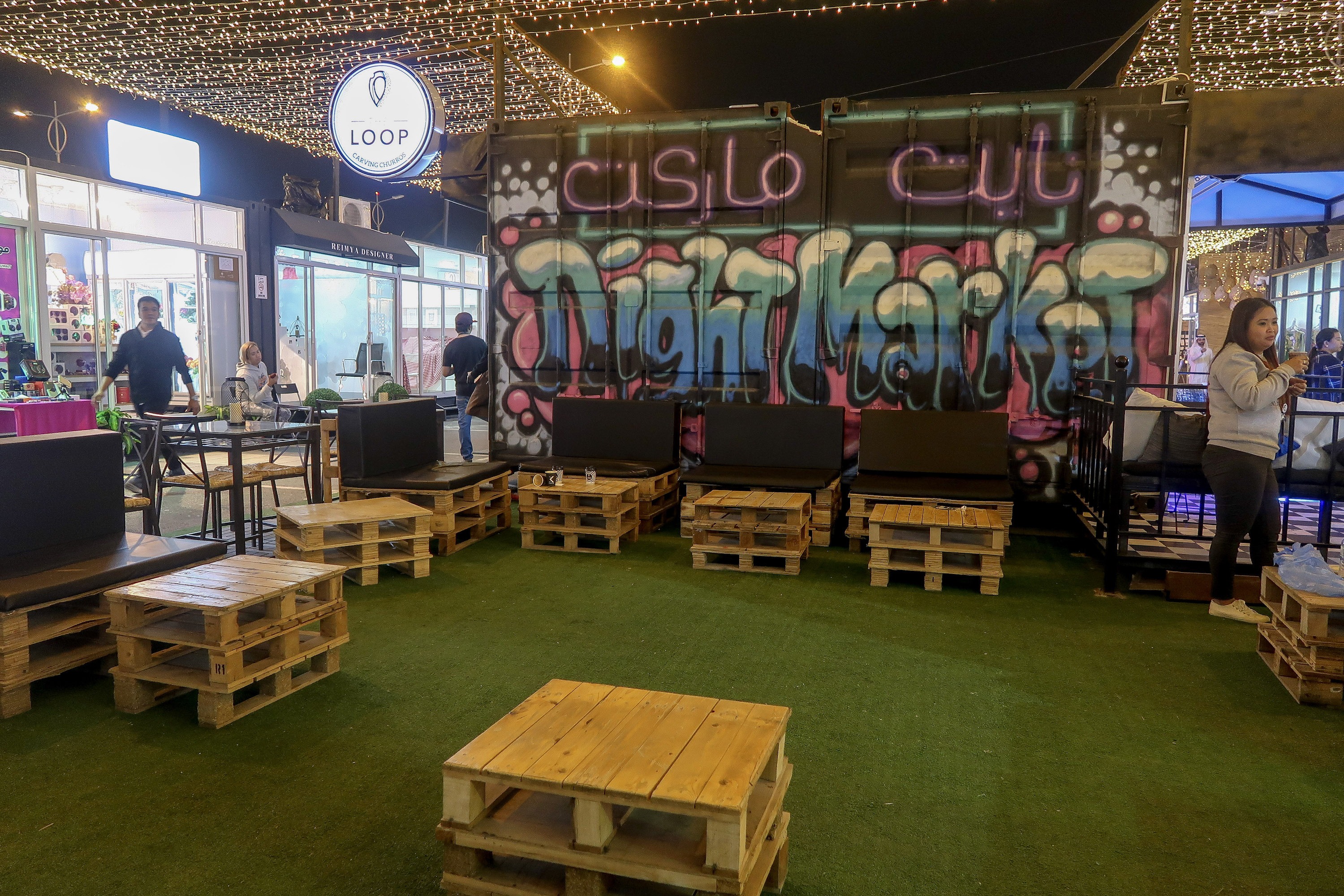
Tightened Borders
After 9/11, America worked hard to tighten security and screen anyone entering the country. Now, it looks like Europe will follow suit after a wave of terror attacks hit their shores. In the infographic below, you can see the plans for a new digital visa system. It is hoped this will give Europe more control over who is entering different countries.
Infographic Produced By etias.com
Travel Has Changed – Frequent Flyer
As a frequent flyer, I am not averse to these changes. With new global developments and threats come added security. In order to have the smoothest travel possible, adhere to all airline rules and guidance. Come well prepared and if you’re not used to flying check out the airline’s regulations before flying to avoid disruption to you and your passenger’s journey’s.
Personalised Experiences
The evolution of travel over the years has also seen a significant shift towards more personalised and unique travel experiences. With the advent of big data and sophisticated algorithms, travel companies can now offer customised travel packages and recommendations based on individual preferences and past behaviors.
Social media and review platforms have empowered travelers to seek out destinations, accommodations, and activities that offer something beyond the conventional tourist experience, aiming for a deeper connection with the cultures and places they visit. This trend towards personalization has encouraged a more immersive form of travel, where the journey is tailored to meet the specific desires and interests of each traveler, making each trip a one-of-a-kind adventure.
Conclusion
In conclusion, the landscape of travel has undergone profound changes over the years, influenced by advancements in technology, increased security measures, and a shift in traveler preferences towards more personalised experiences. From being cautious about what we carry, leveraging new tech for convenience, navigating tightened borders, to maximising the benefits of frequent flyer programs, each aspect reflects how travel has adapted to the evolving needs and expectations of modern travelers.
The rise of personalised travel experiences underscores a growing desire for authenticity and immersion, reshaping the way we explore the world. As we look to the future, it’s clear that these trends will continue to define and transform our travel experiences, making them more connected, customised, and memorable than ever before.

